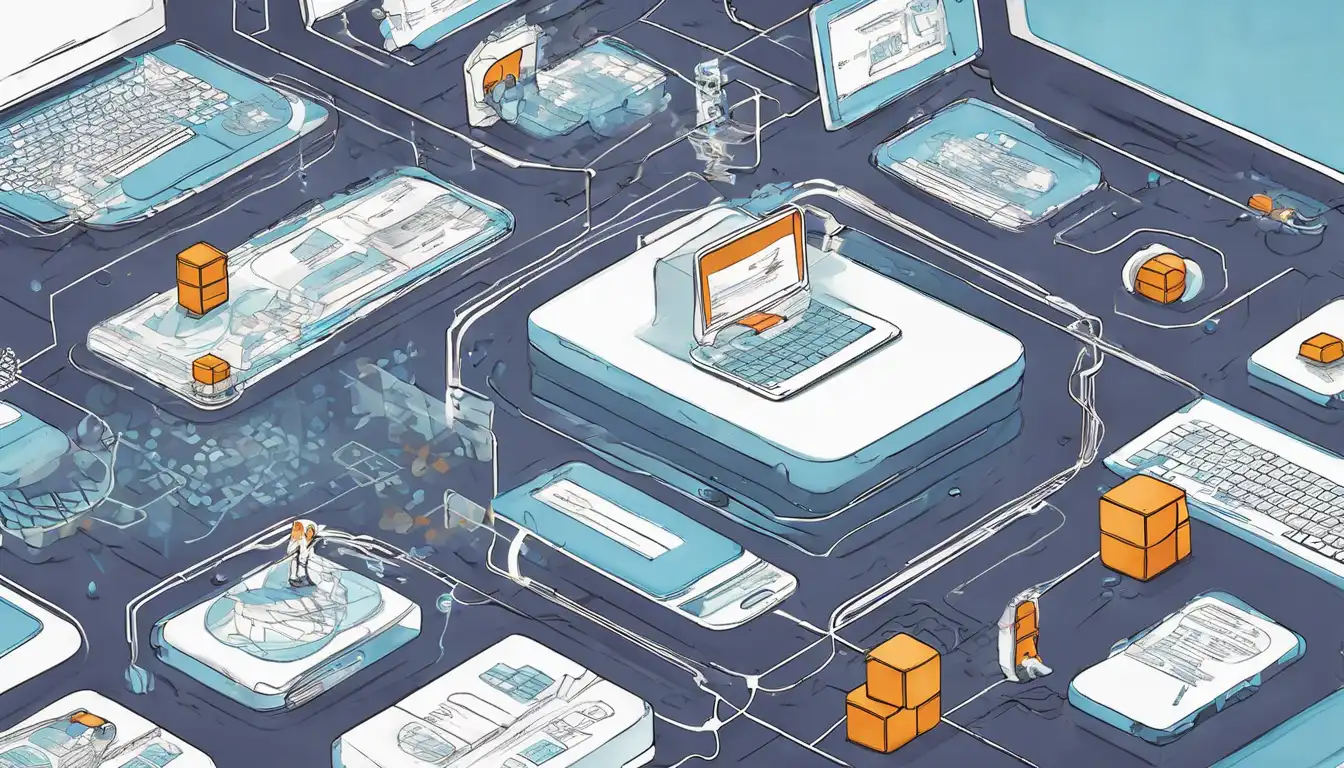What is Blockchain?
Blockchain technology is a digital ledger that is decentralized and distributed across a network of computers. It ensures transparency, security, and integrity of data without the need for a central authority. Originally developed for the digital currency Bitcoin, blockchain has found applications in various fields beyond cryptocurrencies.
How Does Blockchain Work?
At its core, blockchain is a chain of blocks, where each block contains a list of transactions. These blocks are linked together using cryptographic hashes, ensuring that once data is recorded, it cannot be altered without altering all subsequent blocks. This makes blockchain an immutable ledger.
Key Features of Blockchain
- Decentralization: Unlike traditional ledgers, blockchain does not rely on a central point of control.
- Transparency: All participants in the network can view the transactions, ensuring trust among users.
- Security: Cryptographic hashing makes blockchain resistant to fraud and hacking.
- Immutability: Once recorded, the data in any given block cannot be altered retroactively.
Benefits of Blockchain Technology
Blockchain offers numerous advantages, including reduced transaction costs, faster processing times, and enhanced security. It's revolutionizing industries by enabling smart contracts, improving supply chain transparency, and facilitating secure and transparent voting systems.
Blockchain in Everyday Life
From cryptocurrency transactions to securing medical records, blockchain's applications are vast. It's also being used in supply chain management to track the production, shipment, and delivery of products in real-time.
Getting Started with Blockchain
For beginners interested in blockchain, starting with understanding the basics of cryptocurrency is advisable. There are numerous resources available online, including courses and tutorials, that can help demystify blockchain technology.
Future of Blockchain
The potential of blockchain is immense, with ongoing research and development exploring its applications in various sectors. As technology evolves, blockchain is expected to play a pivotal role in shaping the future of digital transactions and data security.
Blockchain technology, though complex at its core, offers a simple promise: a secure, transparent, and efficient way to record transactions and manage data. As we continue to explore its potential, the importance of understanding blockchain cannot be overstated.
